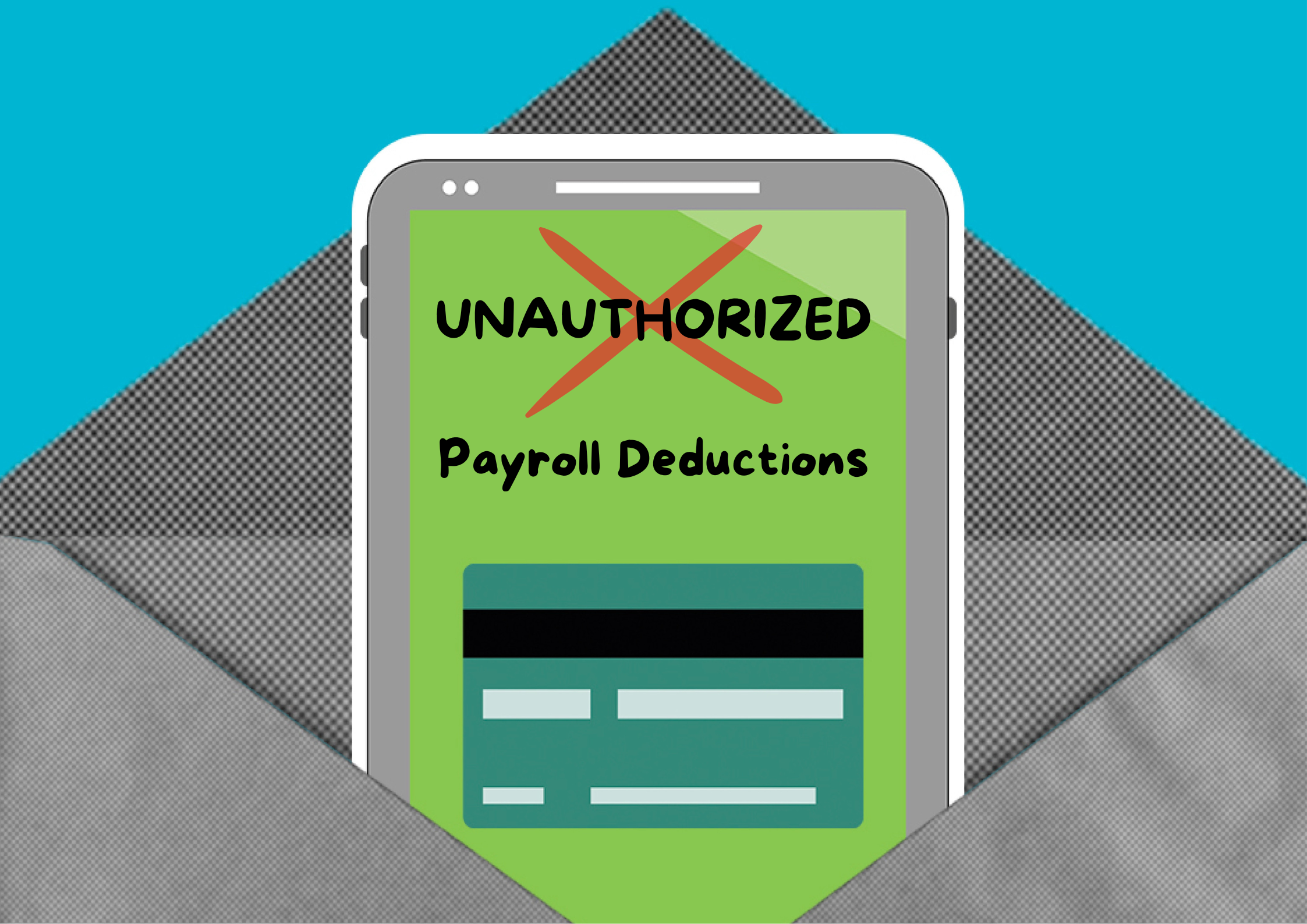
Running payroll checks and deductions is part of being an employer. It is required that the employer should withhold amounts from the employee when obligated to do so or when permitted by state or federal law, and when authorized by the employee themselves.
There are a number of situations wherein the employee is not allowed to deduct a portion of the employee’s paycheck. Prohibited payroll deductions are deductions from an employee's wages or salary that are not legally permitted under employment laws or regulations. These laws vary from state to state and sometimes even within different regions or states.
One of the most common deductions that are not allowed under the law is the overtime pay. Under the federal Fair Labor Standards Act (FLSA), employers must give most workers overtime pay for any hours beyond 40 in a workweek, in any case, states may mandate overtime pay in other circumstances. Employees in specific occupations, particularly those in administrative, professional, and executive roles (referred to as "exempt" employees), are excluded from the FLSA's overtime rule.
Here are some examples of commonly prohibited payroll deductions:
- Deductions that reduce employee’s earnings below minimum wage
- Deductions that cover the cost of OSHA-required equipment
- Cost of uniforms – If the employer requires employees to wear an official uniform, the employer must shoulder the expenses.
- Cost of maintenance and expenses - If the employer requires the employee to pay, then the employee's wage rate may not be reduced below the required minimum wage rate set by the FLSA.
- Unlawful wage deductions - Certain deductions, such as penalties for mistakes or damaged equipment, may be considered unlawful and not permitted.
- Deductions for cash shortages - Employers generally cannot deduct from an employee's wages to cover cash shortages in a cash register or cash drawer.
- Indirect costs of employment: Deductions for costs associated with an employee's employment, such as the cost of tools or equipment necessary for the job, may be prohibited in some jurisdictions.
- Medical examinations - Employers usually cannot deduct the cost of medical examinations or pre-employment screening from an employee's wages.
- Recruiting fees - In some cases, employers may not pass on the costs of recruiting, hiring, or retaining an employee to the employee through payroll deductions.
Exemptions in payroll deductions vary state by state. For instance, California does permit deductions from employee paychecks for cash register shortages. New York, however, prohibits it. In short, deduction-related rules can vary depending on what it is and your location. When it comes to assessing payroll deductions, it all boils down to a few things; a) if the deduction is considered legal, b) FLSA rules, and c) State rules.
It's essential to remember that unique employment rules may permit deductions in some cases and under certain conditions. Additionally, legislation may differ based on the nature of the job (full-time, part-time, contract, etc.) and the sector. To ensure compliance, it is essential to evaluate the labor laws and regulations that are relevant to your situation. In most cases, it is important to do your research or seek consultation from professionals for help.










